Experienced homeowners share the surprises they encountered, the things that made them happy, and the valuable lessons they’ve learned along the way
Most homeowners will tell you how excited they were when they first bought their home. But after some time, they'll also share the surprises-both good and bad. From the joy of having their own space and making memories to the shock of hidden costs and never-ending maintenance, there's a lot more to homeownership than they expected.
We asked first-time homeowners on Facebook about “the unexpected things everyone should know about owning a home.” Over 4,600 people responded, offering helpful advice for anyone wanting a real look at what homeownership is really like.
What caught homeowners off guard after buying their first home?
- How much upkeep is involved — especially with a single-family home
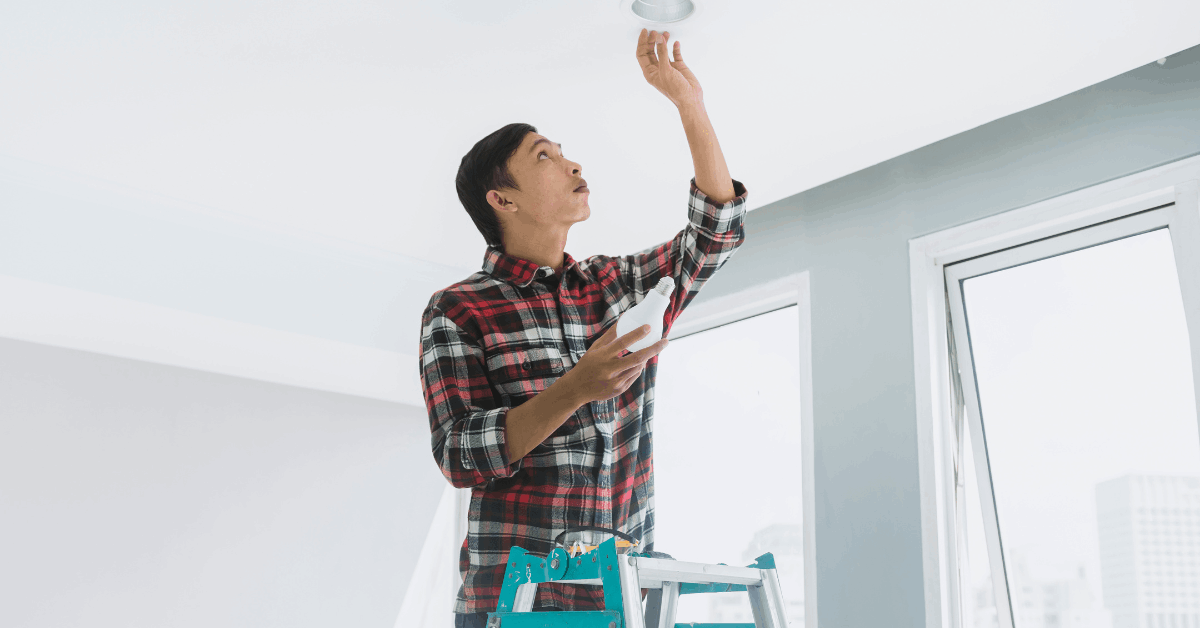
One of the biggest surprises for first-time homebuyers is the maintenance. The amount of work it takes to keep a home running, the costs involved, and how it feels like it never ends can catch people off guard.
"Everything breaks down," recalled homebuyer Dawn Alexander-Martin about her early days of homeownership. "The washing machine stopped working, water leaked through our sliding door when the snow melted, and the worst part? The driveway sank into a 3-foot hole."
Alison Miller, a real estate agent from Branchville, N.J., also pointed out that “things happen, even when the home is well-maintained.” These costs can add up quickly, especially if you have to hire professionals for repairs instead of handling them yourself.
The amount of maintenance required varies depending on the type of home. For instance, condos typically need less maintenance since homeowners associations manage common areas like the exterior, landscaping, and shared spaces. Condo owners are mostly responsible for maintaining appliances and the interior of their units.
Some things you'll quickly learn: how fast grass grows, why cleaning your gutters is crucial, and how to handle a clogged drain.
Homebuyer tip: Keep a cash reserve for emergencies. If your home’s appliances are old or major parts like the roof have been neglected, repair costs can be significant. Be realistic about your limits and what you’re willing to take on.
2. The rising and unpredictable costs of property taxes and homeowners insurance

When you buy a home with a fixed-rate mortgage, you might assume your monthly payments will stay the same throughout the loan. However, those payments often include property taxes and homeowners insurance, which your mortgage servicer collects in an escrow account to pay on your behalf. These costs tend to rise over time.
"Taxes and insurance will go up," said Sandi Diana-Schultz from Lombard, Illinois. "It's inevitable. Be sure you can afford more than what you're approved for, because even with a fixed-rate mortgage, these expenses will increase — sometimes faster than expected."
Homebuyer tip: Keep an eye on your escrow statement, both at closing and as you make payments. This will show you how much of your mortgage payment goes toward taxes and insurance, not just the loan itself.
3. How much you can actually benefit from tax write-offs

Gilbert Arciniega recognized the cost and time commitment that comes with homeownership but pointed out that the absence of landlords and potential tax breaks are major advantages.
“The big benefit is being able to write off interest on your taxes," he said. "And, of course, freedom! No landlords dictating how you live, and you can do (almost) whatever you want with your house."
For information on the potential tax benefits of owning a home, read Tax Benefits For Homeowners.
4. How much your neighbors can impact your quality of life

As much as you might love your home, the people living around you can greatly impact your experience, for better or worse.
"Get to know the neighbors!" advised Lee West. "Don't just drive by. Walk around, chat with them, and get a feel for the area. There's nothing worse than buying your dream house and realizing you're in a nightmare neighborhood."
Bill Lawton echoed the sentiment: "Before you buy, meet the neighbors! They can make or break your experience and even affect the value of your home."
Donna Petraglia added, "For me, it's all about the neighbors—not just the neighborhood, but the people you'll be seeing and hearing every day when you step outside."
Cindy Weina had a positive experience, sharing that she ended up with "great neighbors who are always friendly and willing to help," which made her home life much more enjoyable.
Homebuyer tip: Visit the home and neighborhood during different times of the day when people are likely to be out. Pay attention to the noise level and activity, especially if you have a unique schedule. You don't want to finish a late-night shift only to discover your neighbors all start mowing their lawns early Saturday morning.
5. How much you actually need to know to maintain a home

Remember when something broke, and you just called the landlord to get it fixed? Now, that responsibility falls on you. From heating and air conditioning systems to appliances, plumbing, and even sewer lines—if something goes wrong, it’s up to you to fix it or hire someone to do it.
"Know your house," advised Gloria Hernandez Denison. "Learn about the sprinkler system, water and gas shut-off valves, the hot water heater, and other key components. Be prepared to fix things."
Adele Kaminsky Grudman expanded the list, mentioning the cost of utilities, taxes, yard or pool maintenance, and addressing potential hazards like lead paint, asbestos, radon, or even maintaining a sea wall if you have one.
Homebuyer tip: Get a thorough inspection before purchasing to minimize surprises. Create a budget for future repairs, and price out renovations in advance so you’re prepared for the unexpected.
6. The consistent monthly living expenses, even when the real estate market fluctuates
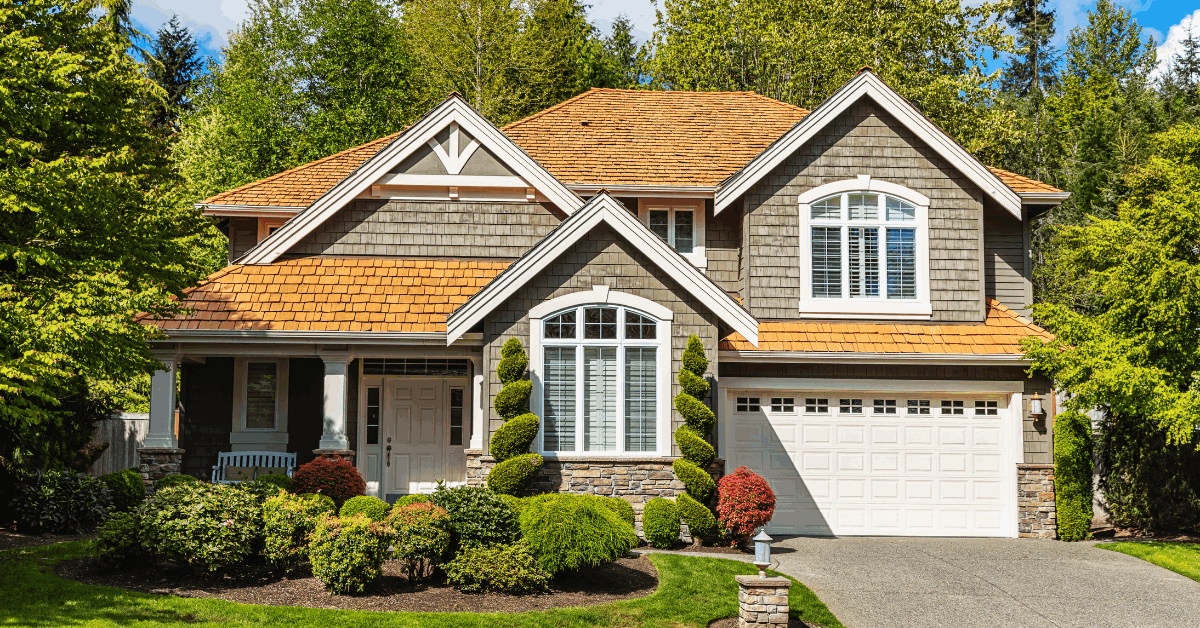
Robin Herrera said buying her home was the best investment she ever made.
“When the stock market drops, your money can disappear, and you have to wait for it to recover—and often pay fees for someone to manage your investments,” she explained. “But with a home, even if the housing market dips, you still have a roof over your head. Unless you’re in a hurry to sell, you haven’t really lost anything because it’s still your home. Sure, there’s maintenance, but unlike a car, a home’s value tends to increase over time.”
7. How outside factors can impact your property
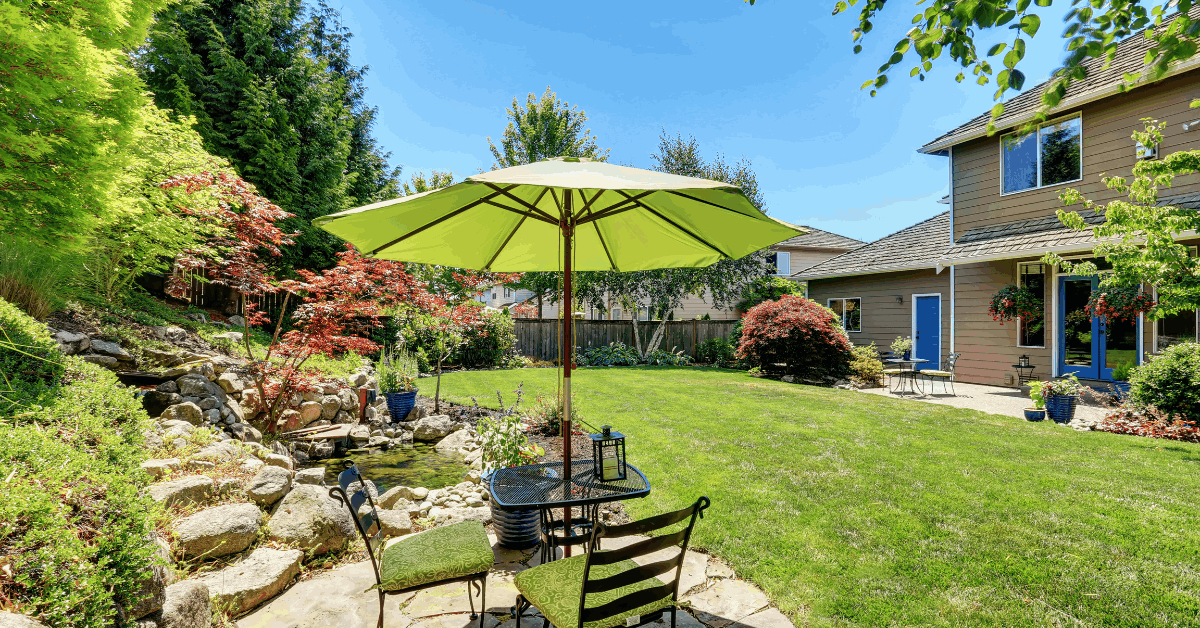
Many factors can affect what you’re able to do with your home. If your home is in a subdivision with a homeowners association, you’ll need to follow their rules. Additionally, county zoning laws or future projects could alter the character of your neighborhood.
Marie Camp from Lexington, South Carolina, shared her experience: "We didn’t realize we had pipelines on our property, so we couldn’t build a shed or stop them from cutting down trees. Be very, very careful."
Cathy Mccoy from Monticello, Illinois, emphasized the importance of checking nearby properties: "If your property borders anything other than roads or homes, look closely! Abandoned railroad tracks, cornfields, or empty lots—anything that can change might affect your home life."
Homebuyer tip: Research the property thoroughly and check with your county planning department to see if there are any long-term plans that could impact your neighborhood.
8. Maintenance is ongoing, not a one-time task. Some things need regular upkeep on a schedule
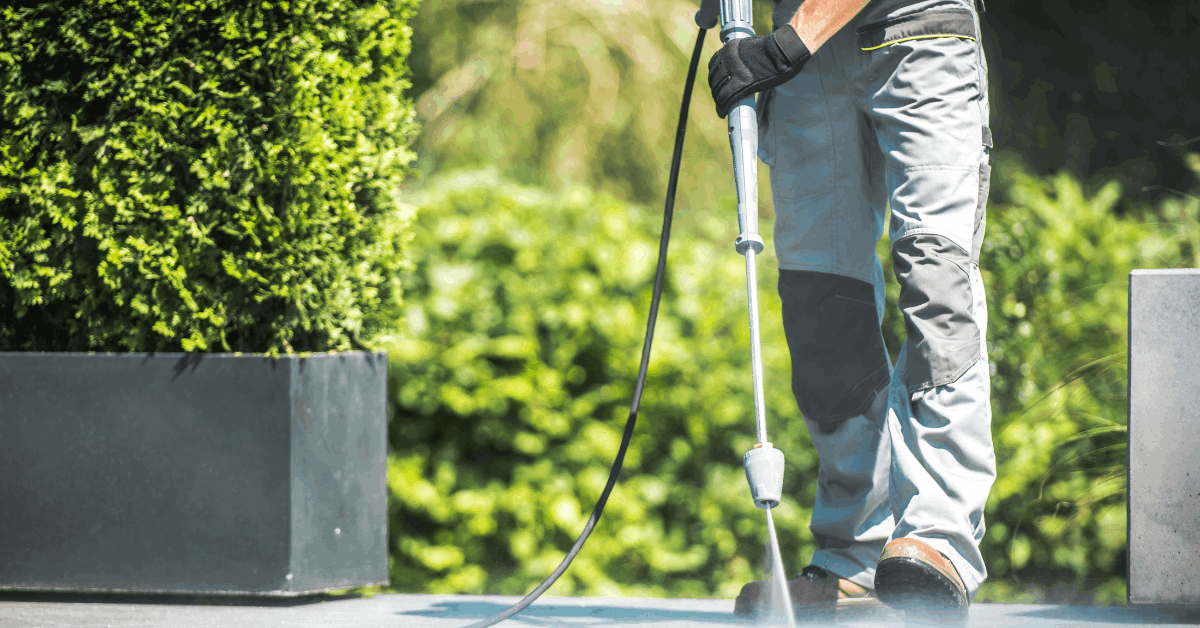
Some systems in your home need regular inspections and maintenance. Homeowners pointed out a few key things to keep in mind:
"Your furnace and air conditioner need servicing every year," noted Paula Himmelstein from Amelia, Ohio.
Another homeowner, Seever Lakes, advised, "Drain your water heater yearly and check the anode rod. If you have a septic system, learn how to maintain it. And don’t forget your house 'breathes'—keep your plumbing vents clear, clean out your dryer vents, and have a fire extinguisher on hand."
Gerri Lamb Roberson from Marietta, Georgia, added, "Stay on top of routine maintenance—clean your gutters, check your roof, and know when to repaint or replace exterior pieces. It’s all about being proactive."
Homebuyer tip: Create a maintenance calendar and stick to it. Regular upkeep can prevent bigger issues down the road.
9. Learning the unique quirks of your home
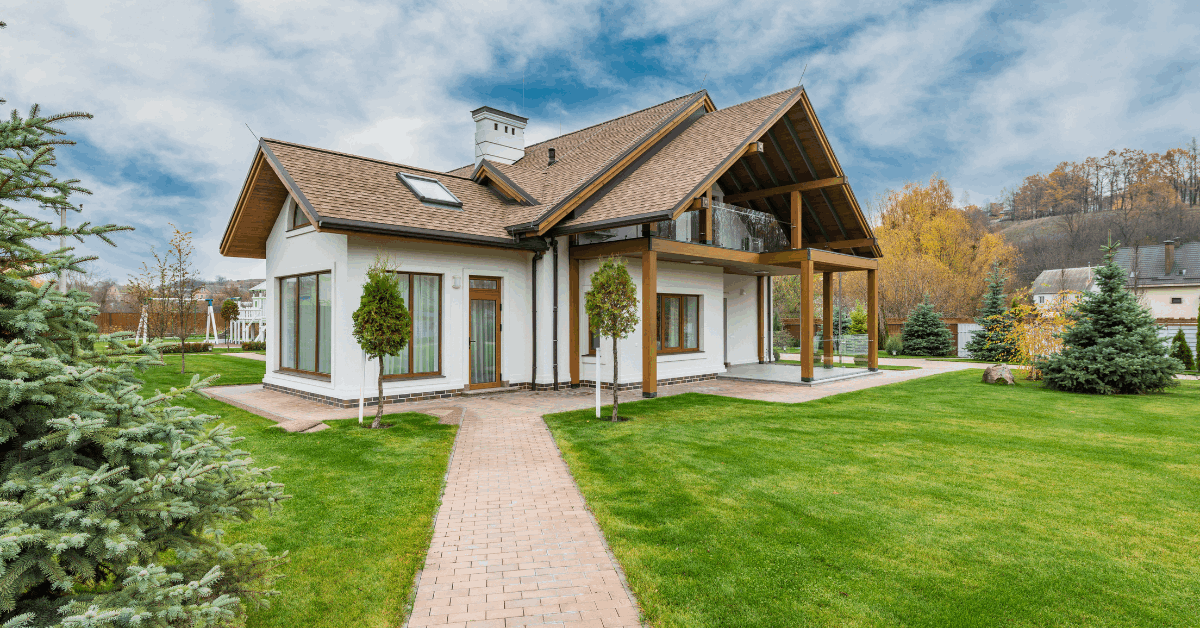
There’s a certain comfort in getting to know the quirks of your home. Just like a car you’ve had for a while, your house will "tell" you when something needs attention.
Homeowner Harlain S. Ruff advises, "Listen to your home. Learn what sounds are normal and which ones might signal an issue. It takes time to recognize these patterns."
He also noted that each season brings different concerns. For example, he discovered two pipes in his home tend to freeze when the temperature drops below 20 degrees. In the winter, he prevents this by opening cabinet doors and running a little water through the pipes at night.
10. You’re responsible for repairs in your condo, even if the issues were there before you moved in
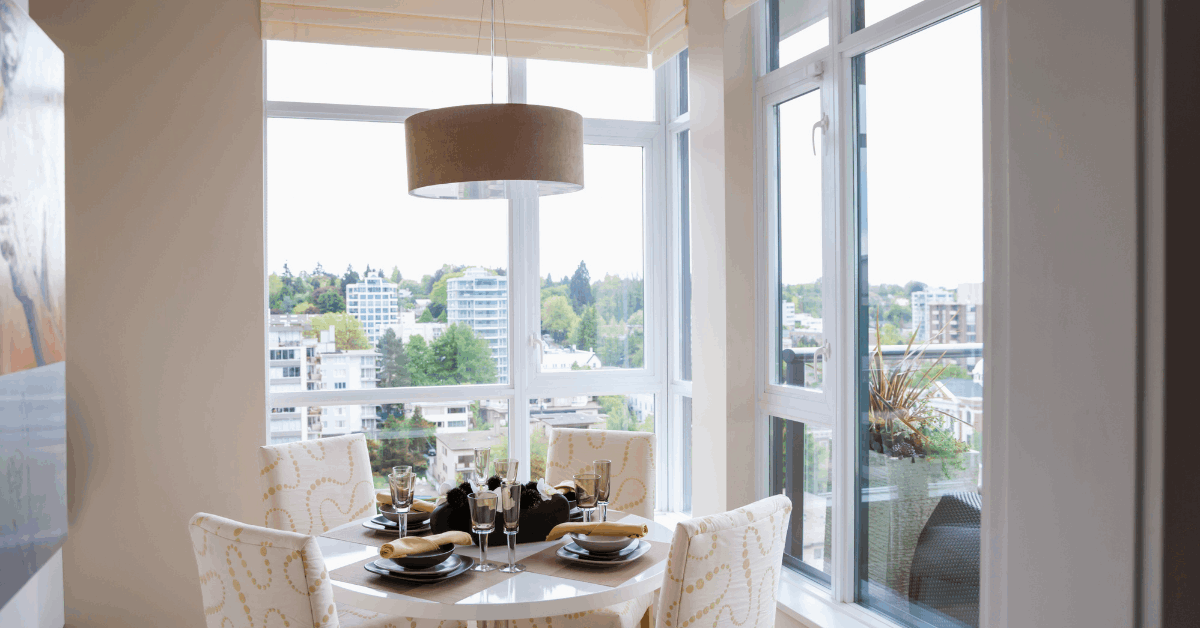
Dan Mortimer thought he was done with maintenance headaches when he sold his single-family home of 42 years and bought a condo. However, he quickly found out that the building’s maintenance had been neglected, and he was hit with a special assessment to cover repairs that should have been addressed long before he moved in.
Homebuyer tip: Work with a real estate agent experienced in condo ownership to help you through the process. Make sure to review all the details before signing a contract, ask to see the HOA’s meeting minutes, and pay close attention to their financials.
11. How attached you become to your home and the satisfaction you get from making improvements
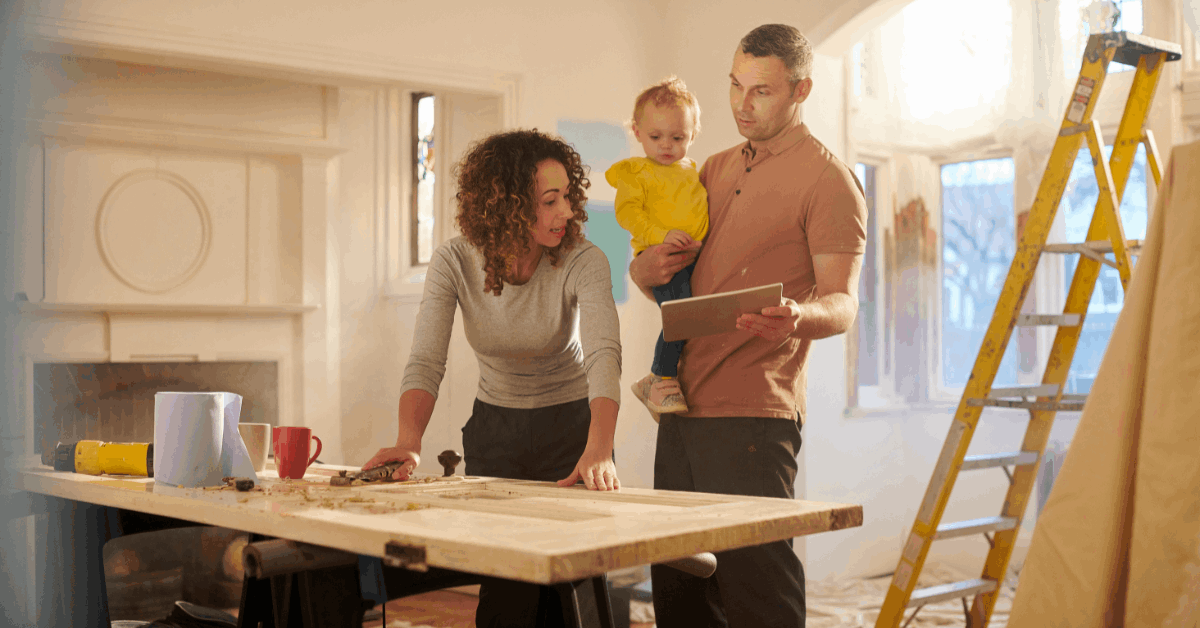
Living in a home for any length of time creates memories and emotional connections, especially when you've put your own effort into improvements. Leaving those memories behind can be tough, particularly if you’ve worked on projects that left you with a sense of pride.
“It’s surprising how attached you can get to something you’ve changed,” wrote Amy Ulrich. “I replaced a faucet and found myself thinking, ‘Wow, I did that! It’s so much better.’ It seems silly, but little things like being able to wash my hands or fill a glass of water more easily can feel like a big deal.”
Gail Driscoll added, “You might fall in love with your home and find it really hard to leave — the blessing and the curse.”
It can be difficult to accept that the next owner will create their own memories in the space. As Brenda Pinkston put it, “When you sell, all those wonderful memories you made in the house don’t add to its value. Someone else will paint over them and start making new ones.”
12. The deep satisfaction that comes from knowing the home is truly yours

Judy West shared her pride after adding shade trees, an orchard, archways over entryways, and finding deals at estate sales and end-of-season sales to improve her yard and make her home more enjoyable for entertaining. “Every improvement you make," she said, "you can stand back and proudly know, 'It’s yours!'"
No more surprises: We break down the hidden costs of buying and owning a home.
























